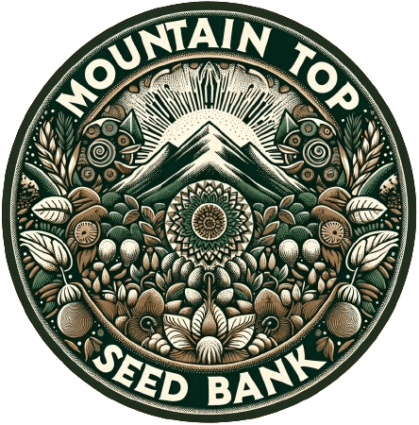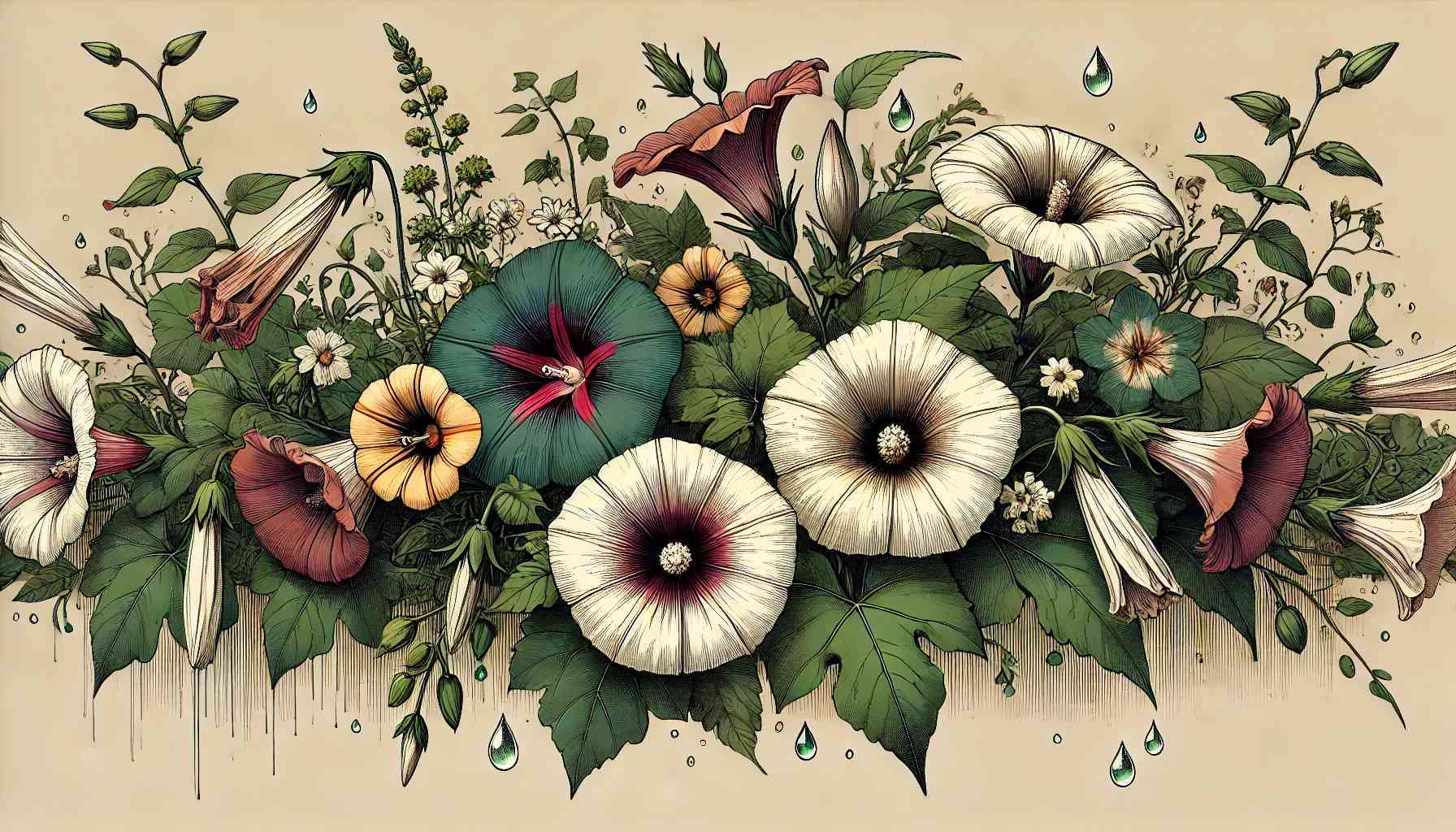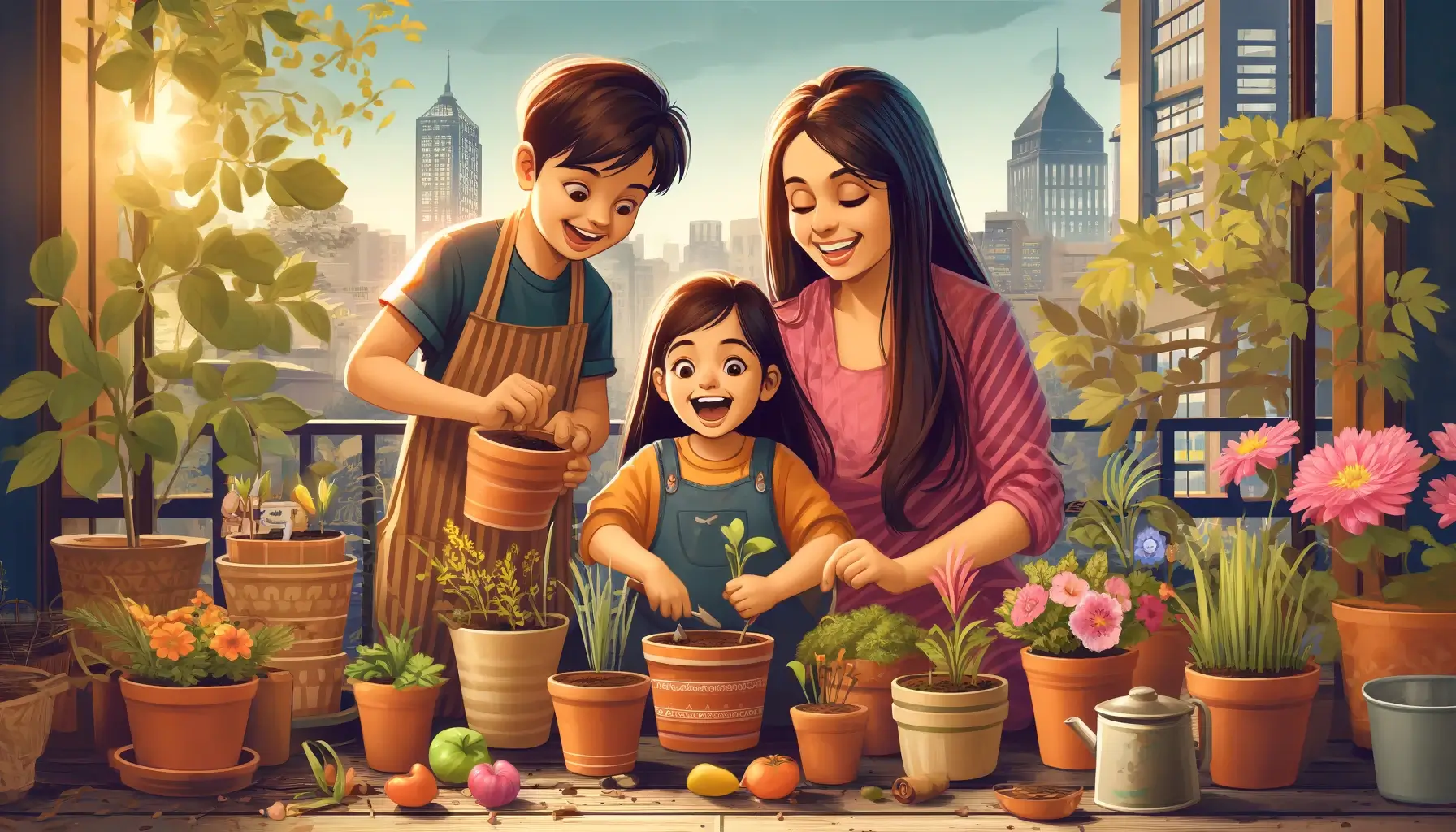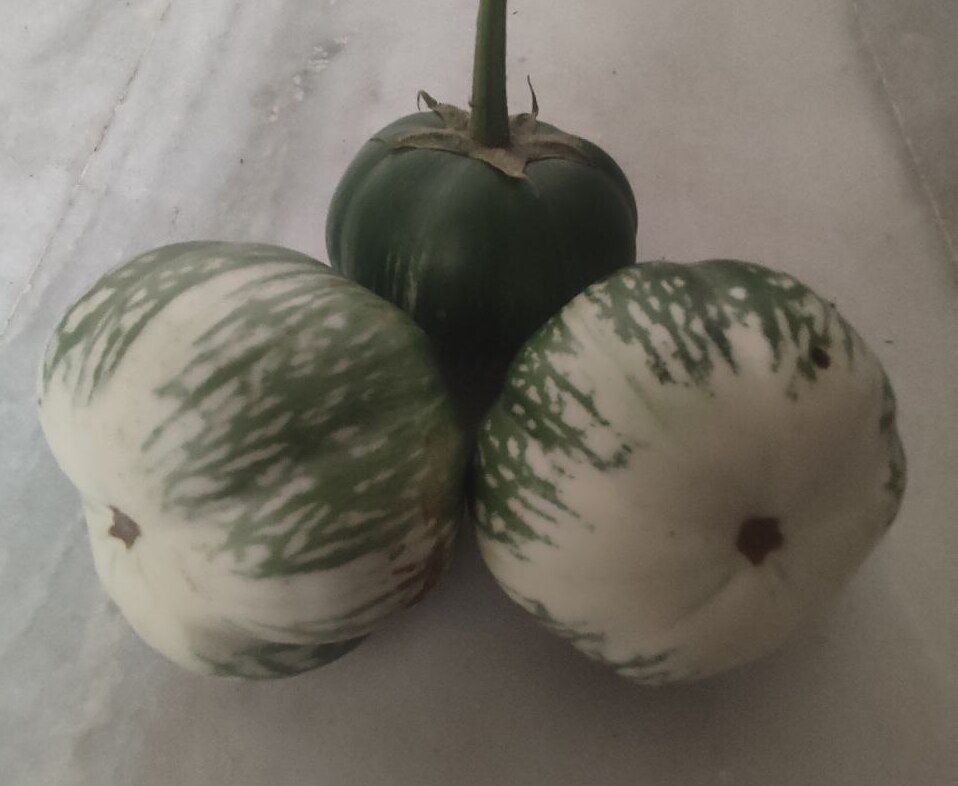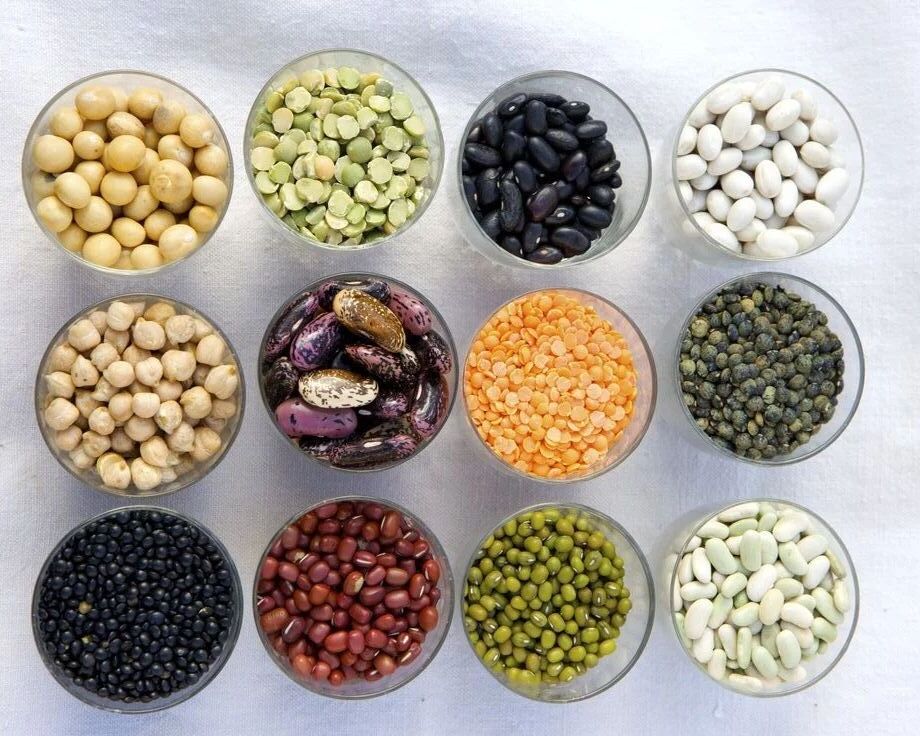
Hello there, gardening enthusiasts! Have you ever wondered what all the fuss is about heirloom seeds?
They’re not just any old seeds, my friends. These remarkable seeds carry a rich heritage, handed down through generations, and come packed with cultural and historical significance. They have been carefully cultivated to retain their unique traits, making them truly one-of-a-kind.
Let’s take a delightful journey into the wonderful world of heirloom seeds and find out why they are incredibly valuable for our gardens.
Defining Heirloom Seeds
Heirloom or Heritage seeds are treasures that have been carefully extracted and preserved from the plants of a particular crop by families or communities for at least 50 years.
Believe it or not, some of these plants have been thriving for hundreds of years! Imagine having a piece of history right in your garden.
These seeds have not only adapted to various environments but have also been passionately nurtured by generations of gardeners, resulting in hardy, nutrient-packed, and flavorful crops
When you grow a plant from heirloom seeds, you might never have to buy those seeds again. These heirlooms have been nurtured over generations, guaranteeing that the seeds you save will produce plants with the exact traits you desire. It’s a beautiful cycle of self-reliance and consistency.
The Significance of Heirloom Seeds
Heirloom seeds are not just ordinary seeds; they hold a deep cultural and historical value. Imagine sowing seeds that connect you to the traditions and practices of your ancestors.
These seeds are the threads that weave together our past and present, creating a sense of continuity and appreciation for the value they bring to our lives.
Heirloom’s flavour quality and unique profiles surpass those of hybrid varieties by a significant margin. If you’re seeking a culinary adventure, growing heirlooms is the way to go.
And if you’re into seed saving and want a self-reliant garden, heirlooms are your go-to.
Preserving Biodiversity and Agricultural Heritage
In our fast-paced world, many traditional crops are at risk of vanishing. Commercial hybrid and GMO varieties are replacing these unique heirlooms, leading to a loss of genetic diversity.
The impact is pretty far-reaching, as we lose plant varieties that have adapted over centuries to specific environments and pest loads.
This is where heirloom seeds play a crucial role. By growing heirlooms, we actively participate in the preservation of genetic viability, safeguarding the diverse genetic stock necessary for future research and ensuring these tried-and-true varieties stick around.
Heirloom vs Hybrids
Heirloom plants are the trusty veggies, fruits, and flowers that our ancestors cultivated for generations before hybrid varieties came into the picture.
Heirloom seeds are open-pollinated, relying on natural pollination methods like wind, insects, or birds to transfer pollen between plants of the same variety.
This natural pollination process allows for genetic diversity within the plant population, as the pollen can come from various sources within the same variety.
When heirloom plants are grown from these open-pollinated seeds, they typically produce offspring that closely resemble the parent plant, maintaining the same traits and genetic makeup. This lets gardeners save seeds from these plants and grow “true” plants year after year.
On the other hand, hybrids were developed to enhance qualities like shipping durability, disease resistance, and market appeal. However, sometimes hybrids lack the delightful flavours and distinct character found in heirlooms.
Hybrid seeds come from a controlled cross-pollination process between two different parent plants of specific varieties. The purpose is to combine desirable traits from the parent plants, like disease resistance or uniformity.
The purpose of hybridization is to combine desirable traits from the parent plants, such as disease resistance or uniformity.
If your goal is to max out food production, hybrids might seem like the better choice. They have been carefully bred to yield larger harvests per area and maintain their appearance during long journeys to the grocery store.
But if you enjoy discovering new flavours and want a truly unique culinary experience, heirloom seeds should be your pick.
Benefits of Choosing Heirloom Seeds Instead of Hybrids
One unique perk of heirloom seeds is the ability to save them for future plantings. Unlike hybrids, which produce unpredictable results when their seeds are saved, heirloom seeds can be collected and replanted, ensuring a continuous supply of your favourite varieties.
Furthermore, studies have shown that older, traditional seed varieties tend to offer more nutrients compared to modern hybrids.
Modern hybrids are often designed to prioritize high yields and visual appeal during transportation and storage, while heirlooms focus on preserving their authentic flavours and nutritional value.
For our long-term wellbeing and the health of Mother Earth, growing heirloom seeds using organic methods is the best choice.
Do heirloom and organic mean the same thing?
Nope, heirloom and organic do not mean the same thing. While both terms are associated with sustainable and traditional farming practices, they actually mean two different things.
Heirloom refers to the history and lineage of a plant variety. These are plants that have been passed down through generations, often with a story that goes back several decades or even hundreds of years. They are the legacy of our gardening ancestors.
“Organic”, on the flip side, is about how the plants are grown. Organic farming revolves around using natural and sustainable methods, steering clear of synthetic fertilizers, pesticides, herbicides, and GMOs.
While many heirloom plants are grown organically, it’s crucial to note that not all heirlooms are organic.. Similarly, organic produce can come from hybrid or non-heirloom varieties.
The terms heirloom and organic address different aspects of gardening, but they can intersect and complement each other.
Seed Saving
One of the most rewarding parts of growing heirloom seeds is the joy of saving and sharing them. It’s like a beautiful cycle where we have the opportunity to safeguard these precious varieties and contribute to the wonderful world of seed saving.
Seed saving is a tradition that’s been passed down through generations. By carefully selecting and saving seeds from our strongest and healthiest heirloom plants, we become the guardians of these incredible varieties.
Saving seeds gives us a sense of self-reliance and strengthens our bond with our gardens. This beautiful tradition of sharing and preserving heirloom varieties helps cultivate a sense of community and sustainability.
Frequently Asked Questions On Heirloom Seeds
1. Are heirloom seeds more difficult to grow compared to hybrids?
Not necessarily. While some heirloom varieties may have specific growing requirements, many are just as easy to grow as hybrids.
2. Can I save and reuse heirloom seeds from my garden?
Absolutely! One of the remarkable qualities of heirloom seeds is their ability to be saved and replanted. Just ensure proper seed collection, storage, and labeling to maintain their purity and viability for future use.
3. Are heirloom seeds more susceptible to pests and diseases?
It depends on the specific variety and your local conditions. While some heirlooms may have less disease resistance than hybrids bred for such traits, proper care, soil health, and organic pest control measures can help mitigate risks.
4. Can I grow heirloom seeds in containers or in limited garden spaces?
Yes, indeed! Many heirloom varieties are well-suited for container gardening or small garden spaces.
5. Are there any heirloom seed varieties that are particularly well-suited for beginners?
Certainly! Some beginner-friendly heirlooms include Black Krim Tomato, Scarlet Nantes Carrot, and Provider Bush Bean. These varieties tend to be reliable, forgiving, and offer satisfying yields, making them perfect for novice gardeners.
6. What are some heirloom varieties from India?
India boasts a rich diversity of heirloom seeds. Popular examples include the flavorful Brinjal Mattu Gulla, the aromatic Methi Fenugreek, the vibrant Marigold Pusa Narangi, and the versatile Snake Gourd Chichinda
7. Are heirloom and landraces the same?
Not exactly. While both terms are related to traditional plant varieties, heirlooms are typically passed down through generations, often with a cultural or historical significance.
Landraces, on the other hand, are locally adapted populations of plants that have evolved over time in specific regions, with characteristics shaped by their environment.
Conclusion
The world of heirloom seeds offers a remarkable journey filled with history, flavour, and sustainability. By growing heirloom seeds, you not only embrace the legacy of our agricultural heritage but also gain the opportunity to become self-sufficient in seed sourcing.
Explore our collection of heirloom vegetable seeds and heirloom tomato seeds. Our collection features many beloved heirloom varieties across the globe.
Lastly, we would love to hear from you! Have you grown heirloom seeds before? Share your experiences, tips, and favourite varieties in the comments section below.
Let’s celebrate the joys of heirloom gardening together and inspire one another with our stories.
Happy growing, and may your harvests be filled with heirloom wonders!

